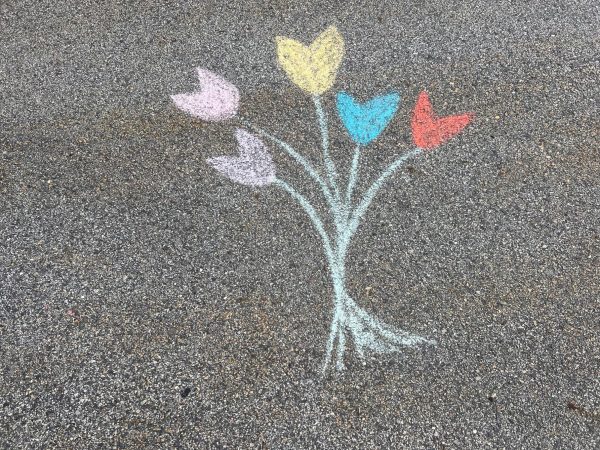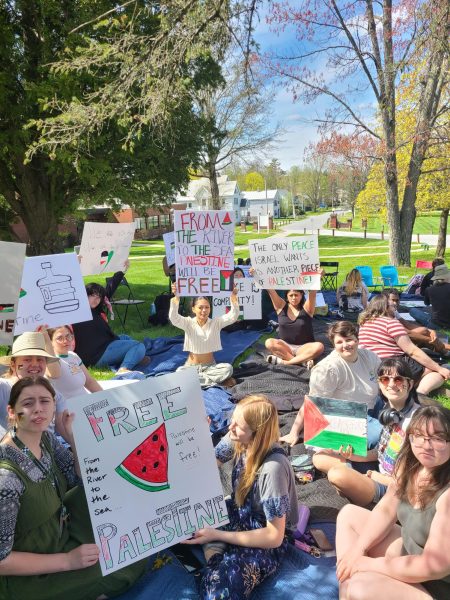In defense of identity
I can probably count on one hand the number of times I’ve actually heard a character on TV or in a movie refer to themselves as bisexual.
A huge stigma in the media exists when it comes to using that word — probably because bisexual people are still seen as being “greedy” or unable to make up their minds. Bisexual people throughout history are often classified as either gay or straight, like Freddie Mercury and Anne Frank.
That’s why it was so exciting for me to go and see Robyn Ochs speak. She is upfront and proud of her identity as a bisexual woman.
I’m sure I’m not the only one who grew up hearing that “labels are for clothes, not people.” I’m equally sure that I’m not the only one who thinks that saying is a load of malarkey. I can pretty much guarantee that it was made up by people who have never really had to worry too much about labels, probably somebody straight and cisgender (disclaimer: there’s nothing wrong with being straight and cisgender) (follow-up disclaimer: I can’t believe I even had to write that first disclaimer, but there are people who would think that I’m saying being straight and cis is bad).
What I’m trying to get at is that labels are actually incredibly important to a lot of people — namely, people who would have their sexuality and gender identity completely erased without labels.
I grew up thinking there was something wrong with me, because I thought boys and girls were cute (back then I didn’t even know about people who were both, or neither, or some other glorious amalgamation of genders, but believe me, I know now and they are definitely cute too). Finally finding a name to fit with my identity was one of the more comforting things I’ve ever experienced.
I think that Ochs’ complete and total thoughtfulness for all identities was one of the best things about her time at Johnson. She encouraged all of us to share the different words we used to describe our sexuality (or lack thereof), and was completely respectful for every single one.
Too many people have to live with hearing that their sexuality is made up. It can be comforting to have even one person validate it, and Ochs made sure that we all had an entire room full of people validating it.
I can’t remember the last time I was in such a large group of people discussing sexuality without hearing somebody say that asexuality doesn’t exist, or that pansexuality is made up for attention.
I am so grateful that there are people at this school who genuinely respect all sexual and gender identities, and we are all grateful that Robyn Ochs visited us. She was a welcoming, kind presence at our school, and I hope she comes again soon.
Meredith Andrews joined the Basement Medicine staff in Fall 2014, assuming the position of staff reporter.



